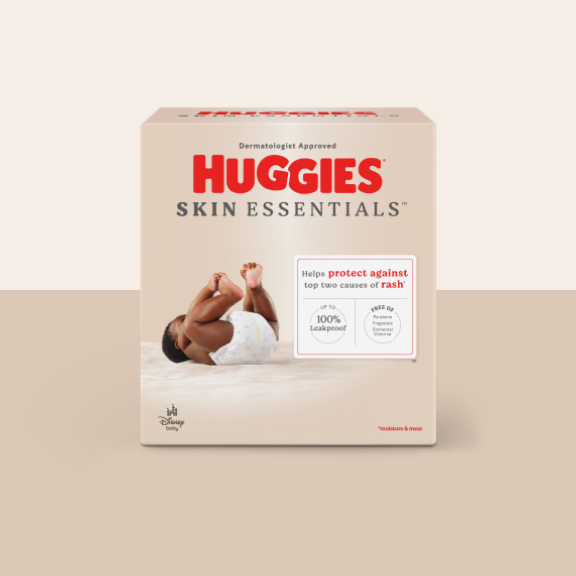Feeding and sleeping at 10 months old
Ten-month-old babies tend to be quite vocal as well and can protest when they want to stay up, tired or not! It usually helps parents to stay calm and focused and try to follow the same regular sleep routine for both day and night.
Milk is still an important component of your 10- month-old’s diet but solid foods are equally vital now. Try not to limit your baby’s intake by always offering them the same foods. Be creative and cook for them yourself. Home-cooked foods generally taste better and have a lumpier consistency than processed foods. From 1 year onwards, most babies limit the range of foods they will eat, so if your little one is already used to a diverse variety of foods, their diet won’t become as restricted. Remember to offer food multiple times before assuming it is a food they do not like!
Behavior at 10 months old
If your baby isn’t too willing to play with other babies yet, don’t worry. they are still a little young for this. You will need to keep a close eye on them when they are with other children and animals because they are simply too young to know what sort of behavior is appropriate and safe.
Developmental milestones at 10 months old
Your baby may be able to pull themselves up to stand or even cruise around the furniture this month. They will easily be able to get themselves into a sitting position from their tummy and rotate their bodies, swiveling their arms and legs with the greatest of dexterity.
Listen for your baby when they learn to say mama and dada. It’s no accident that in most of the world’s languages the names for mothers and fathers and even babies relate to these early words. Teach your baby to wave bye-bye this month and play more peek-a-boo and other games. Your baby will try to initiate games with you and engage you in activities that they find entertaining. Although you may run out of interest before they do, repetition is an important concept in helping to consolidate memory and recall.
Growth at 10 months old
If it is summer, you are less likely to notice your baby’s growth reflected in their clothing. But you may use their crib, stroller, or how they position themselves in your arms as a guide to how big they are getting. One day you may just look at your baby and be surprised how big they have become! The rate of growth in this first year as well as during adolescence is never higher.
Keeping well at 10 months old
If you are renovating your house and suspect lead-based paint is present, have it tested. Babies and children are particularly sensitive to elevated lead levels in their bloodstream, which can lead to learning disabilities. Consider the cleaning products you use in your house: pesticides, fertilizers, and general household products. Residues can pose a risk to health so be cautious with what comes into your house and finds its way into the cleaning cupboard.
Play and interaction at 10 months old
Watch your baby as they engage with their older siblings. Babies are very skillful at drawing attention to themselves. It’s not just adults who fall for their charms!
What about mom?
If you are not well and healthy you won’t be in the best condition to care for your baby. By 10 months you should be feeling a full return of your energy without a sense of overwhelming fatigue. Problems which include the thyroid, endocrine system, and nutritional deficiency can all have an impact on energy levels.
Your emotions
If you are becoming resentful about having to do most of the housework, you aren’t alone. Most women say they do most of housework and childcare, even if they have returned to work. Speak honestly with your partner about how you are feeling and discuss what would be a fair and equitable arrangement when it comes to keeping up the house. Check out The Post-Baby Conversation by Alison Osborne (Rockpool Publishing) for some excellent ideas.
Your sleep needs
Don’t be too quick to jump out of bed when your baby cries at night. If you are satisfied that they have been fed, are safe and comfortable, and there is no evident reason for them to need you, hold back a little. Give them the opportunity to self-soothe and settle; many babies at 10 months do just that.
Don’t neglect your own comfort needs. Make the time to change your own bed sheets, fold your clothes, and de-clutter your room if you can. Invest some time and thought into what could create a soothing environment for you. Children need not absorb all your energy. Even if the rest of the house is messy, it’s important to have somewhere to retreat to at the end of the day.
The information of this article has been reviewed by nursing experts of the Association of Women’s Health, Obstetric, & Neonatal Nurses (AWHONN). The content should not substitute medical advice from your personal healthcare provider. Please consult your healthcare provider for recommendations/diagnosis or treatment. For more advice from AWHONN nurses, visit Healthy Mom&Baby at health4mom.org.










